race

Explore how ancient sporting rivalries in Byzantium and modern identity politics in Sri Lanka reveal the deep dangers of tribalism. This historical analysis sheds light on how seemingly trivial divisions can fuel violence and highlights the consequences of identity politics in shaping society, governance, and conflict.

Michael H. Bernstein reviews The End of Race Politics: Arguments for a Colorblind America by Coleman Hughes, discussing the author’s analysis of neoracism and the need for a middle ground in discussions of racism.
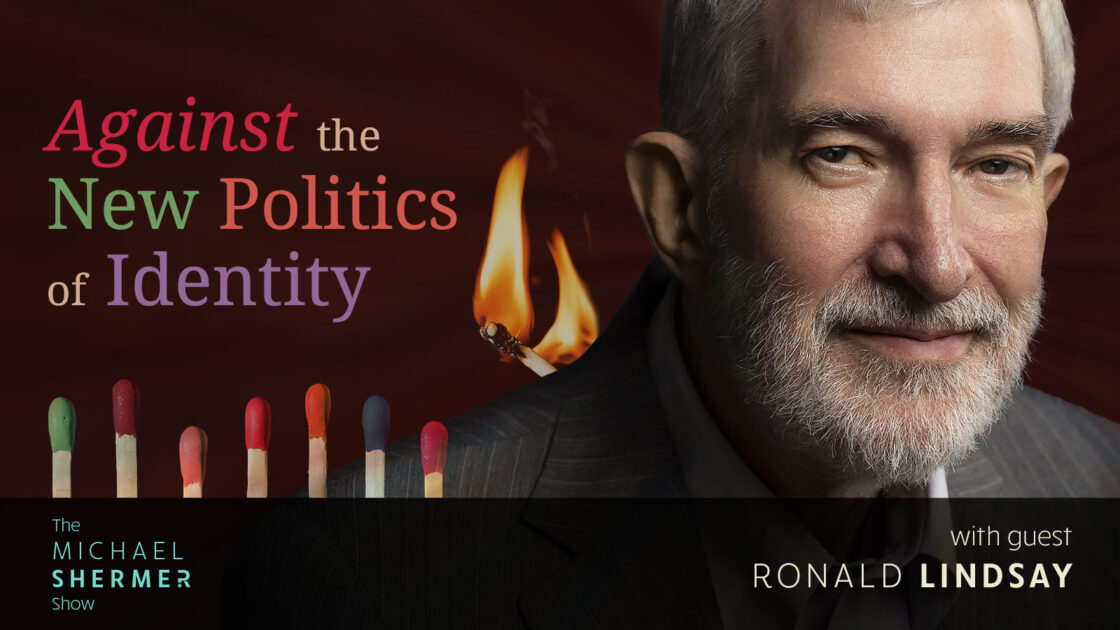
Shermer and Lindsay discuss: identity politics: identity or politics? • woke ideology • overt racism vs. systemic racism • liberalism vs. illiberalism • woke progressive leftists motivations? • Critical Race Theory (CRT) • Diversity, Equity and Inclusion (DEI) • What is progressive? What is woke? • standpoint epistemology • equality vs. equity • race • class • cancel culture • Christian nationalism.
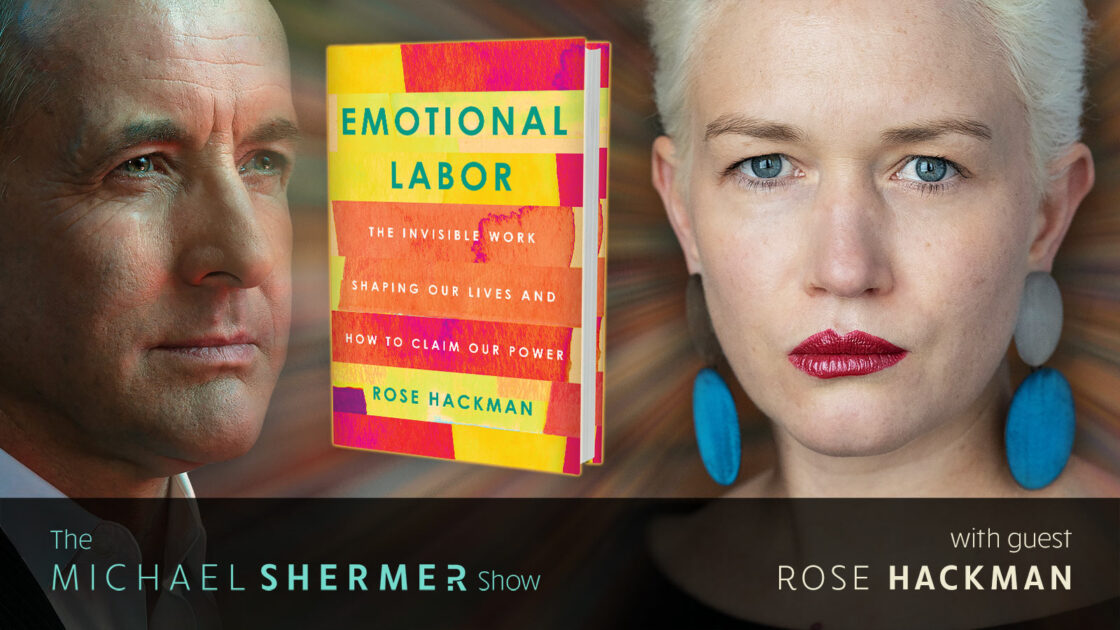
Shermer and Hackman discuss: • her journey to researching emotional labor • What is emotional labor? • sex/gender differences in emotions • equality vs. equity • income inequality between men and women • Richard Reeves’ book, Of Boys and Men • why women are more risk averse • sex and emotional labor • sex work and prostitution • pornography • #metoo • emotional capitalism • liberal vs. conservative attitudes about emotional labor and gender differences.
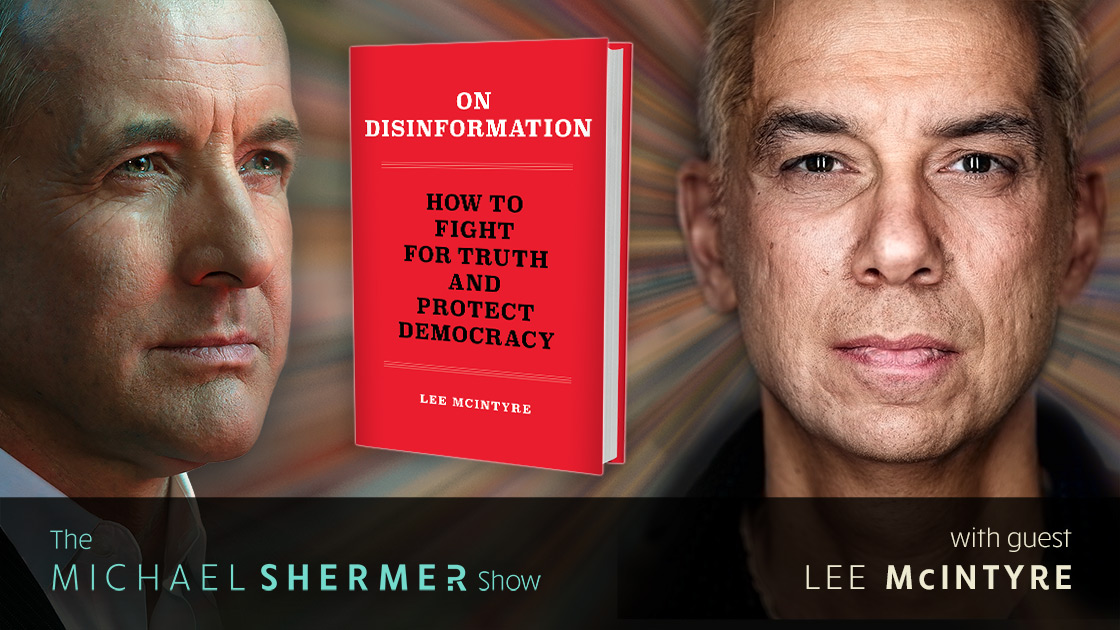
Shermer and McIntyre discuss: default to truth theory • RFK Jr. • whether reason evolved for veridical perception or group identity? • How do we know what is true and what to believe? • worst case scenarios if Donald Trump wins in 2024 • trans issues, race issues, GMOs, nuclear power, climate doomsdayism • What went wrong during the COVID-19 pandemic? • disinformation about masks, vaccines • social media and disinformation.
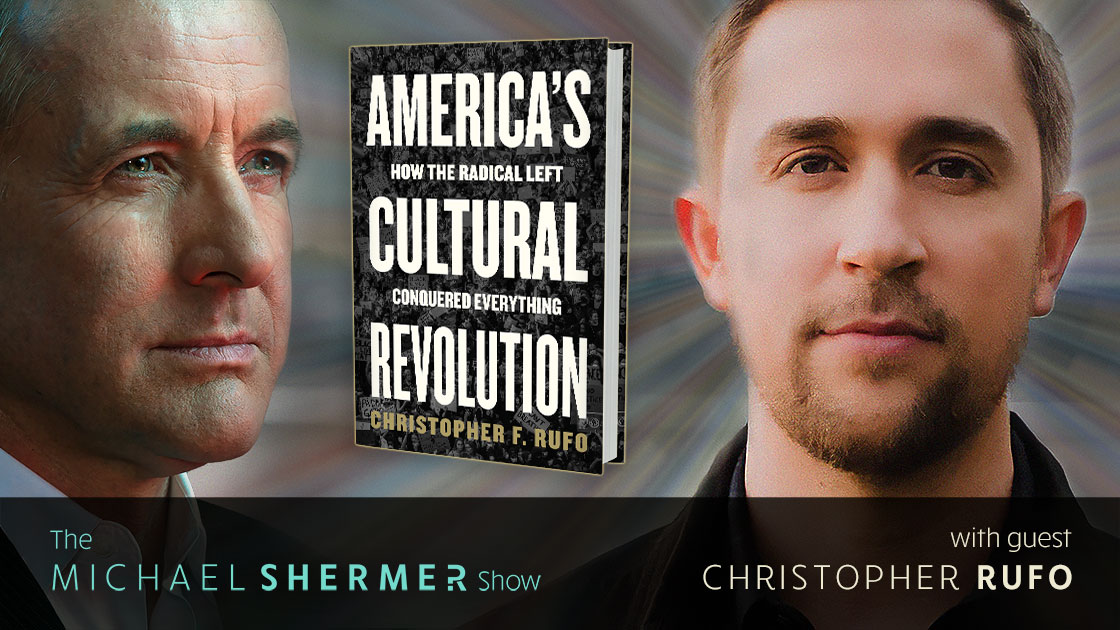
Shermer and Rufo discuss: race as America’s original sin • civil rights movement then and now • liberalism vs. illiberalism • equality vs. equity • overt racism vs. systemic racism • intellectual origins of the cultural revolution: Herbert Marcuse, Angela Davis, Paulo Freire, Derrick Bell, Eldridge Cleaver, Huey Newton • Black Lives Matter origins in the Black Liberation Army and the Black Panthers • critical race theory (CRT) • diversity, equity and inclusion (DEI), and more…
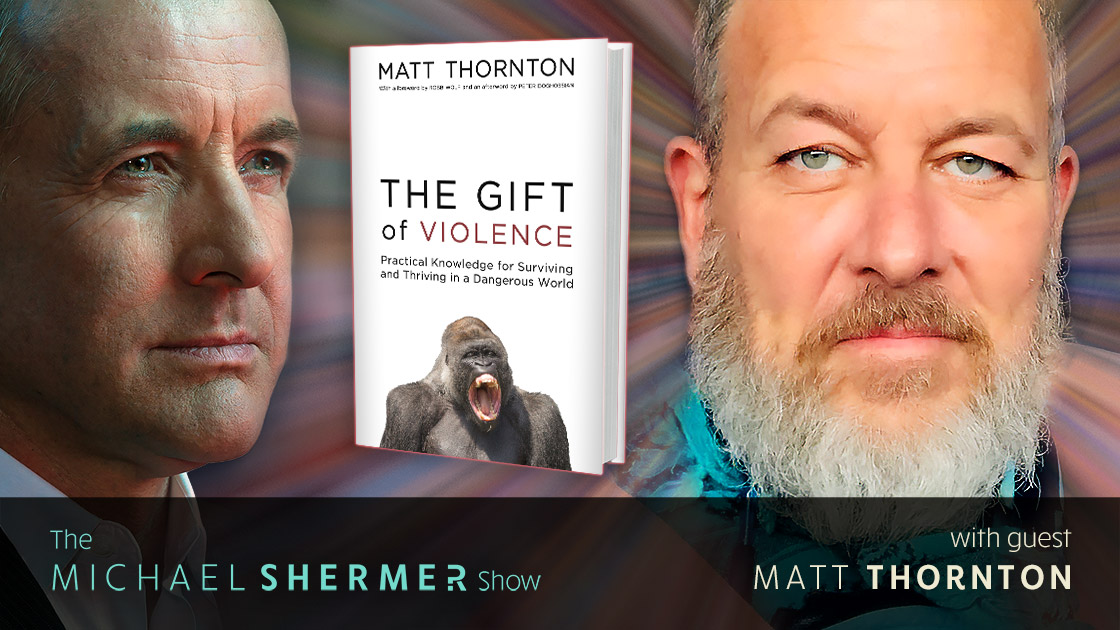
Shermer and Thornton discuss: aggression: passive, proactive, reactive, relational • moralistic punishment and the game theory analysis of the logic of violence • gun violence (homicide, suicide, accidents) • violence against women/children • male-on-male violence • alcohol, drugs, infidelity • race • self-control • training soldiers • male role models • Rodney King, Michael Brown, George Floyd • police violence • bullying • fatherless homes • rape and sexual violence • self-defense.
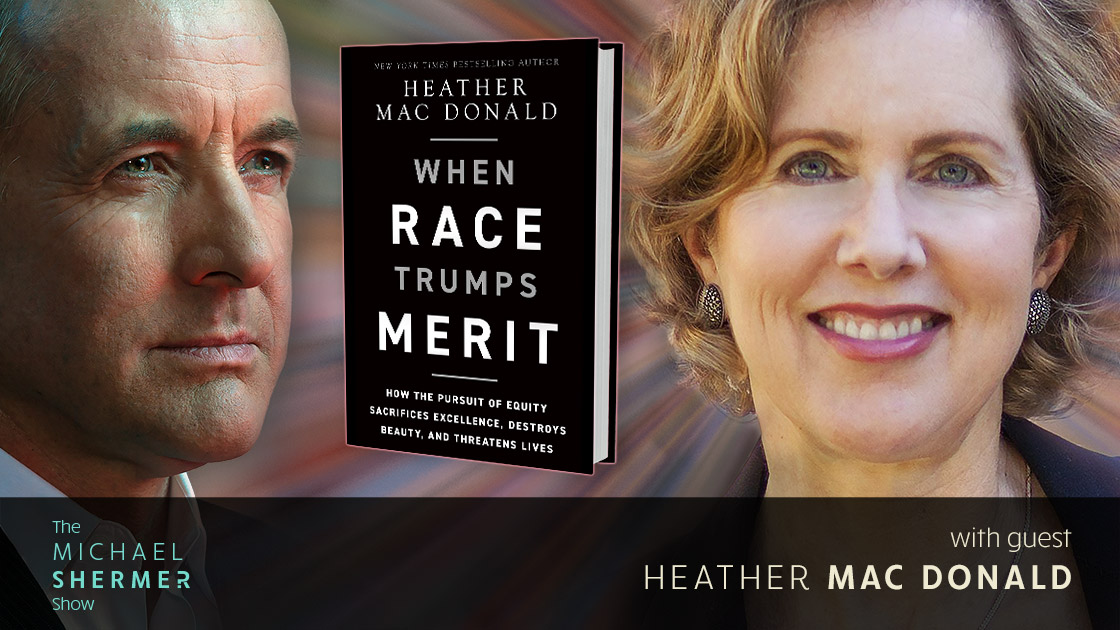
Shermer and Mac Donald discuss: race as America’s original sin • civil rights • equality vs. equity • disparate impact • overt racism vs. systemic racism • why Blacks make less money, own fewer and lower quality homes, work in less prestigious jobs, hold fewer seats in the Senate and House of Representatives, run fewer Fortune 500 companies • race and science, medicine, classical music, opera, Juilliard, Swan Lake, museums, and the law • crime and mass shootings • George…
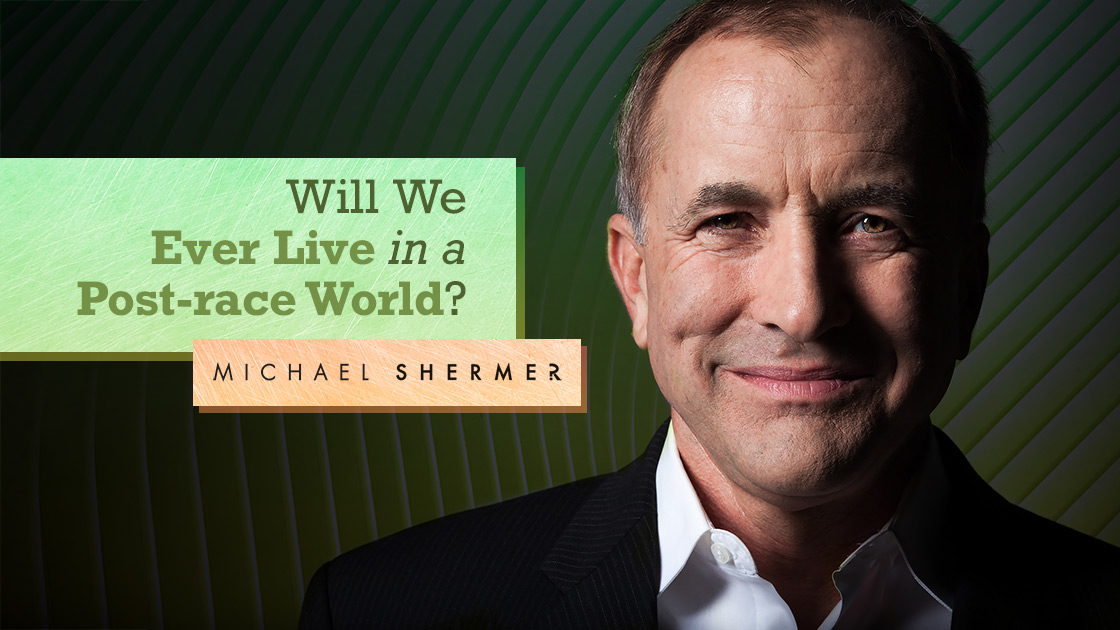
In this special episode of the podcast, Michael Shermer talks about: why race still matters and why it shouldn’t • racism • BLM (Black Lives Matter), CRT (Critical Race Theory), DEI (Diversity, Equity, and Inclusion) • Anti-bias training • the Implicit Association Test and if it measures unconscious racism • race and IQ and why such group differences are environmental and not genetic • how we can achieve a post-race world.
America is being torn apart. Amid growing strife, many people are experiencing angst concerning the future of this country, a country once renowned for its exuberant spirit of discovery, progress, liberty. From across the increasingly tribal political landscape, one can observe attacks on the ideas that fueled America’s spectacular rise: reason, individualism, and political freedom. From the illiberal left the “woke” phenomenon has emerged, rising to dominance in cultural institutions and calling for “canceling” those institutions, symbols, and even thoughts…
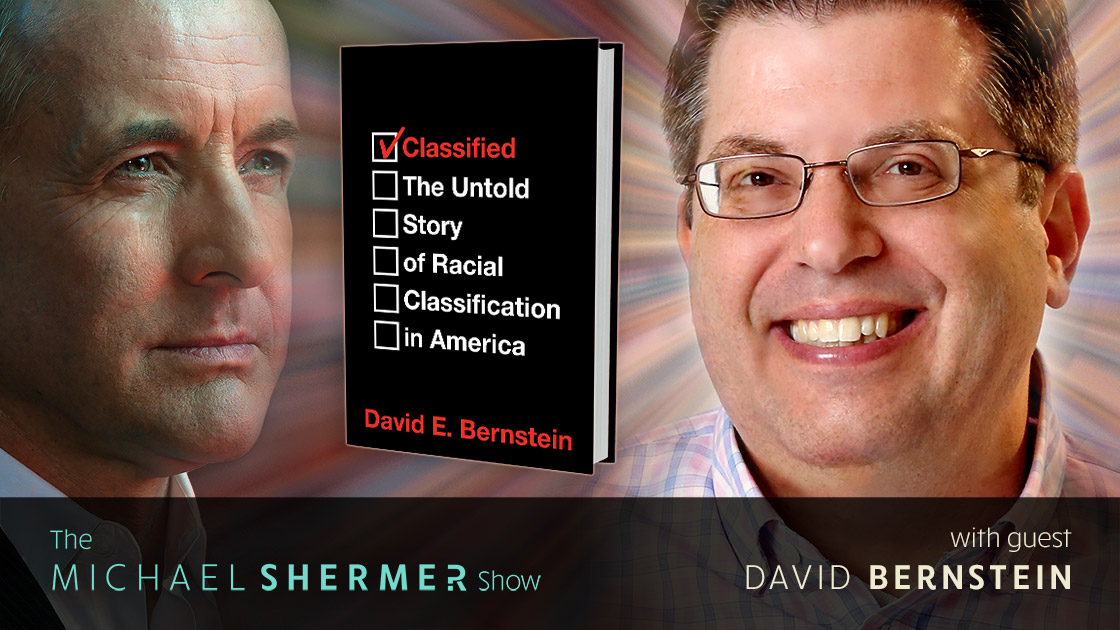
Shermer and Bernstein discuss: the SCOTUS case on affirmative action and race preferences at Harvard and elsewhere • Elizabeth Warren, Tiger Woods, George Zimmerman, Rachel Dolezal, Kamala Harris • BIPOC (Black, Indigenous, People of Color) • ADOS (American Descendants of Slaves) • the biology and legality of race • the one-drop rule of race classification • the rise of modern racial classification • Hispanic, Italian, Polish, Jewish, Armenian, Cajun, South Asian, Arab, and Iranian categories • American Indians/Native Americans •…
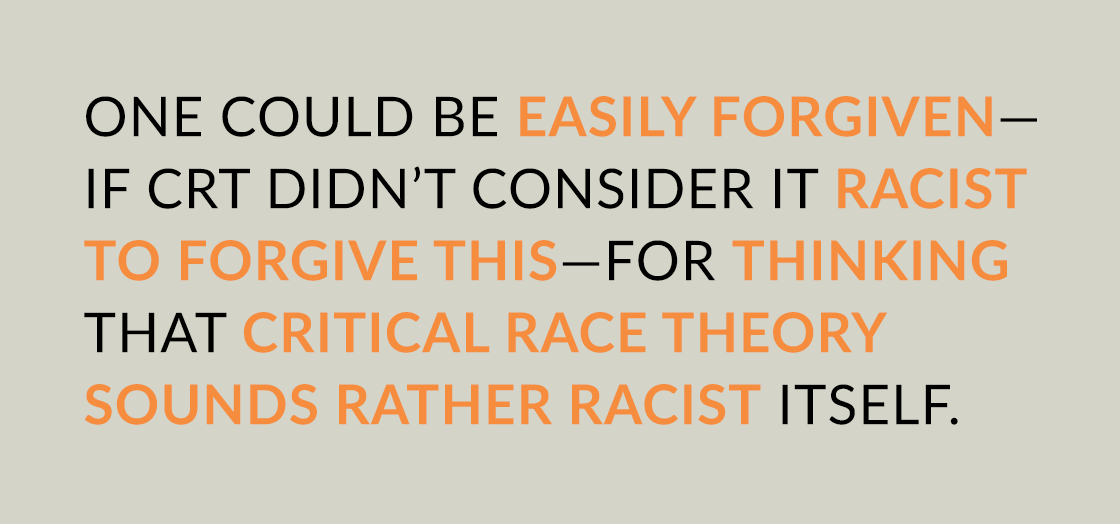
Critical Race Theory (CRT) is, at root, an American phenomenon. So thoroughly is this the case that although its ideas have been used outside the United States for some time, they are often highly flavored by U.S. racial history. CRT holds that race is a social construct that was created to maintain White privilege and […]
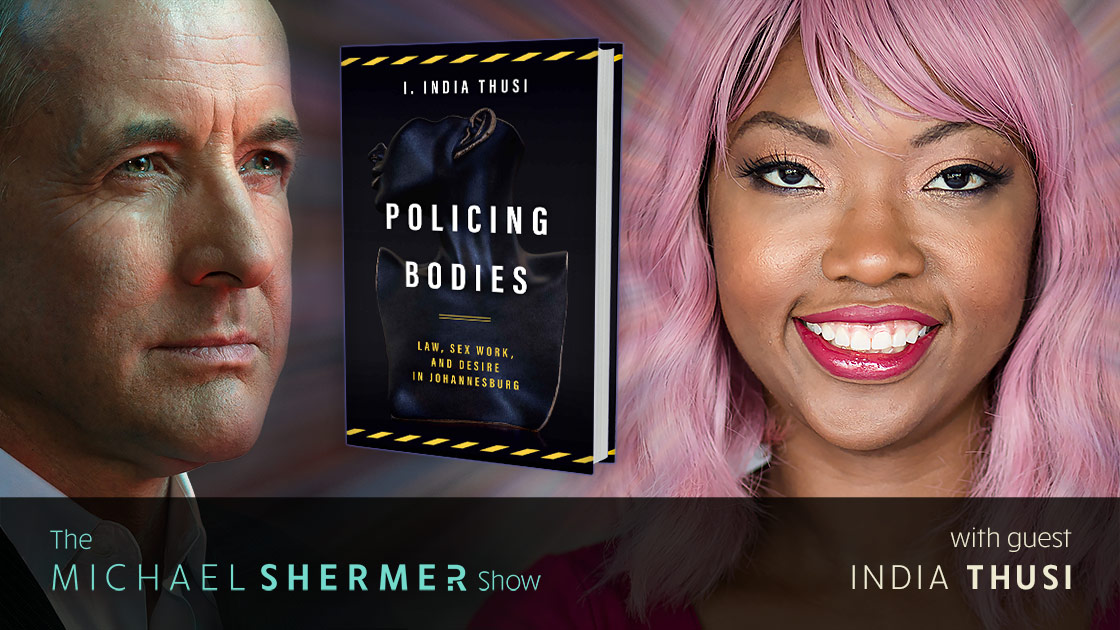
Shermer and Thusi discuss: how she gained access to police and sex workers in Johannesburg • what it was like patrolling brothels in Johannesburg • what sex work is, exactly • why sex workers are mostly women and patrons mostly men • why sex work is illegal in many places and whether it should be legal and regulated • the liminal nature of sex work • Critical Race Theory • racism and antiracism • President Barack Obama • her response…
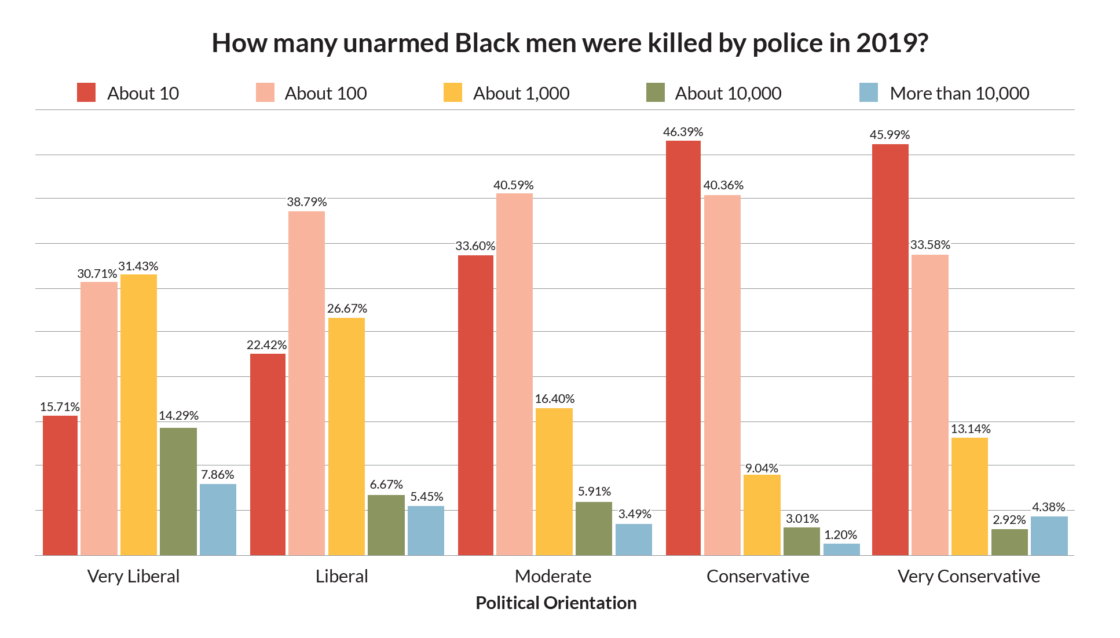
In his usual data-driven style of analysis, statistician and sociologist Kevin McCaffree, who also runs the Skeptic Research Center, presents the SRC finding about policing and race in America, and how political beliefs and orientation skews our perceptions of what is actually happening on the streets of the United States.

One of the most famous experiments in education — Jane Elliott’s “blue eyes, brown eyes” separation of her third grade students to teach them about prejudice — was very different from what the public was told, as revealed in this excerpt from the in-depth story about what really happened in that classroom.

If race is a social construct with no meaningful biological foundation, then why do medical doctors and researchers collect information about a patient’s race, along with gender and other characteristics? Harriet Hall considers the concept of race from a medical perspective: what we know, what we don’t know, and what difference it makes.

Michael Shermer and Jesse Singal discuss: how social scientists determine causality • cognitive priming • The Malcolm Gladwell-effect • self-help movements • power posing • positive psychology • Implicit Association Test • racism, gender, class, misogyny, bigotry • replication crisis • choice architecture • I.Q. • free will and determinism • nature/nurture and how lives turn out • abortion • and U.S. foreign policy.
Michael Shermer speaks with Jesse Singal about this new book: Why Fad Psychology Can’t Cure Our Social Ills.
In this letter to Bert Hölldobler, following up on his defense of his long-time colleague E. O. Wilson, who has been falsely accused of racism and knowingly promoting race science, Mel Konner, who also knew and worked with Wilson, reinforces the point that Wilson’s defense of Philippe Rushton was done out of concerns about academic freedom; in fact, Konner notes that there are other reasons for critiquing Wilson, primarily for his ultimate rejection of kin selection — one of the…
Mel Konner, in response to Bert Hölldobler’s defense of E. O. Wilson, reinforces the point that Wilson’s defense of Philippe Rushton was done out of concerns about academic freedom; PLUS: Michael Shermer speaks with Oliver Stone about Ukraine, Putin, and the military-industrial complex.
NEXT →
























